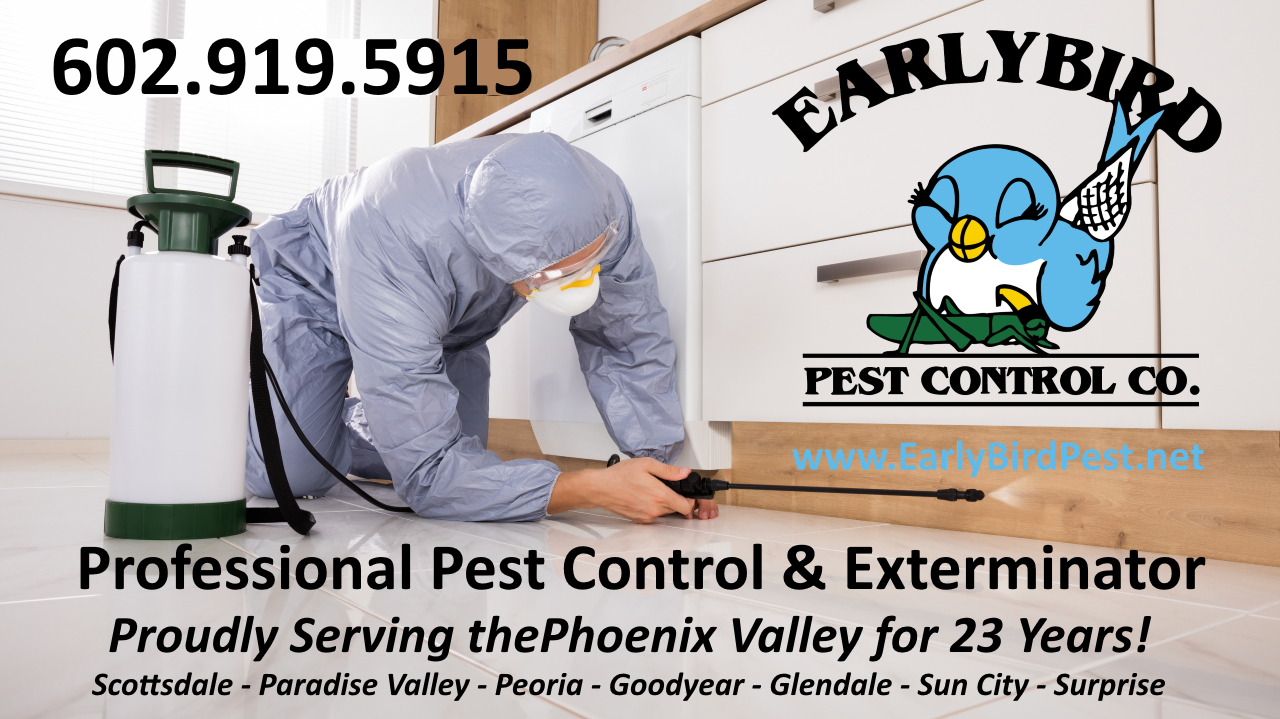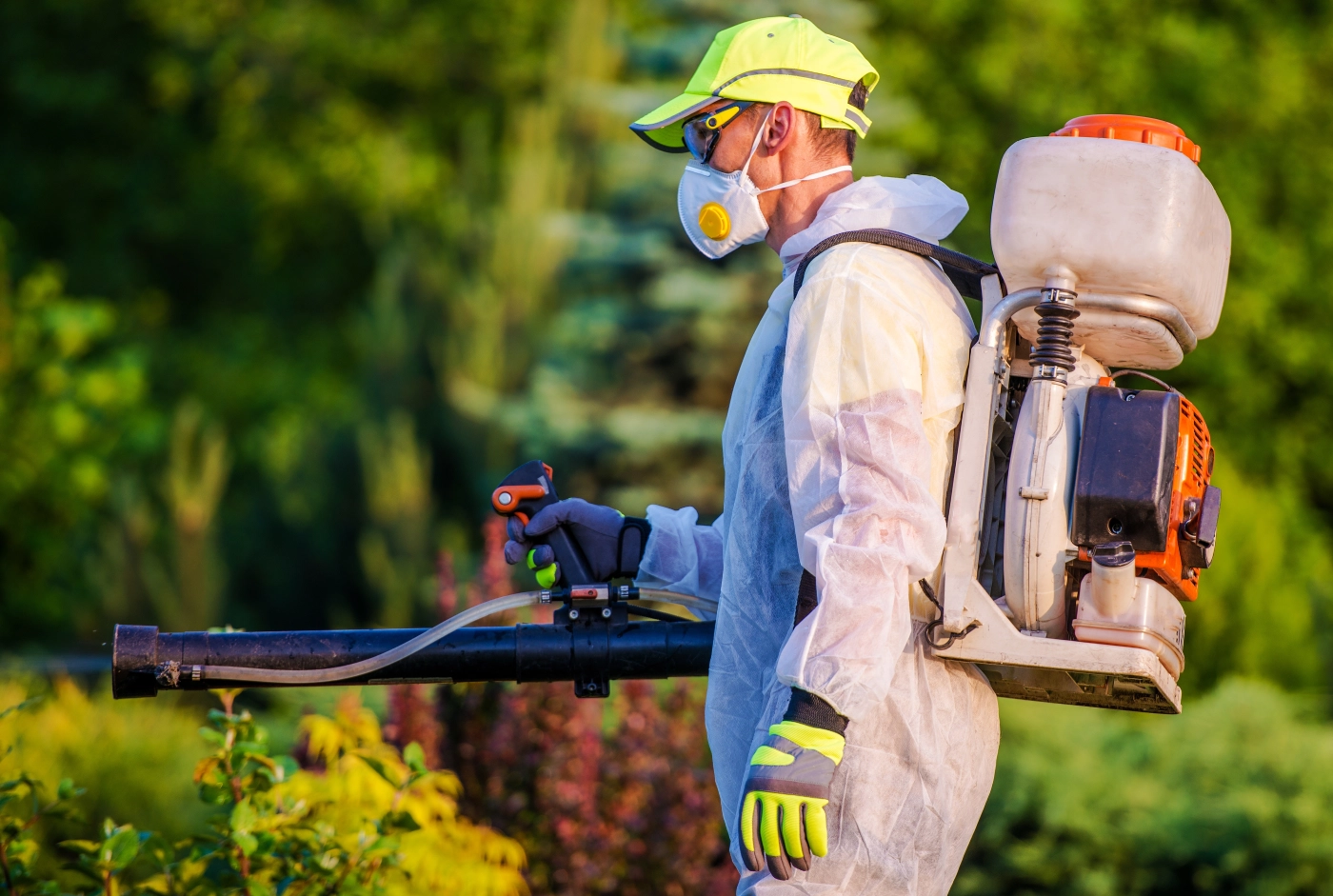Pest Control Clovis: Do Away With Pests At Last
Pest Control Clovis: Do Away With Pests At Last
Blog Article
Understanding the Numerous Methods to Pest Control: A Comprehensive Guide

All-natural Pest Control Approaches
Utilizing green strategies such as buddy growing and biological bug control is important for effectively taking care of pests in agricultural settings. Buddy growing involves expanding different plants in distance to hinder insects, enhance nutrient uptake, and enhance overall plant health and wellness.
Organic insect control involves introducing natural predators or pathogens to control pest populaces. Ladybugs, for circumstances, prey on aphids, regulating their numbers without the requirement for chemical pesticides. An additional example is using Bacillus thuringiensis (Bt), a bacterium that targets certain insect bugs while being safe to human beings, animals, and useful bugs.
These environment-friendly approaches not just reduce the dependence on artificial chemicals yet additionally aid protect biodiversity and dirt health and wellness. By integrating all-natural parasite control approaches right into agricultural practices, farmers can attain sustainable pest management while minimizing adverse influence on the environment.

Chemical Pest Control Solutions
In enhancement to natural insect control techniques, the application of chemical parasite control services plays a considerable role in efficiently taking care of pest populations in agricultural settings. Chemical pest control solutions are formulated to target certain pests that may create extensive damages to crops. These services usually have artificial chemicals that are created to get rid of parasites promptly and effectively.
Among the vital benefits of chemical bug control options is their performance in regulating pest invasions on a huge range. Farmers can apply these solutions using different techniques such as splashing, airing out, or seed treatment to shield their plants from dangerous bugs, weeds, and diseases. In addition, chemical bug control options are fairly very easy to apply and can supply fast outcomes, assisting farmers safeguard their returns and lessen financial losses.
Nevertheless, it is necessary to make use of chemical pest control options deliberately to lessen prospective negative effects on the setting, non-target microorganisms, and human wellness. Appropriate application strategies, adherence to safety and security standards, and routine tracking are essential to ensure the responsible use chemical pest control remedies in farming techniques.
Organic Insect Control Approaches
Organic pest control comes close to take advantage of natural killers or pathogens to take care of parasite populations in farming setups efficiently. One typical organic control method is the intro of natural enemies, such as ladybugs or parasitical wasps, to target certain parasites.
An additional organic control method entails using pathogens like infections, germs, or fungis to infect and eliminate insects. These microbial representatives can be sprayed on crops or presented right into the soil to combat different pests without harming advantageous pests or other wildlife. Furthermore, the usage of scents to disrupt the mating patterns of pests is another reliable organic view publisher site control technique. By interfering with their recreation, this method assists to minimize pest populations without the need for chemical treatment. In general, biological insect control methods use a sustainable and targeted solution to pest monitoring in farming.
Integrated Pest Management (IPM)
Integrated Parasite Administration (IPM) is an extensive technique that incorporates various bug control methods to properly take care of and lessen pest populaces in agricultural systems. IPM concentrates on lasting prevention of parasites via a try here combination of biological, social, physical, and chemical control methods. By integrating these different methods, IPM aims to reduce dependence on chemical pesticides, decrease environmental effect, and promote sustainable insect monitoring methods.
One secret element of IPM is the use of biological controls such as natural predators, bloodsuckers, and microorganisms to regulate bug populaces. This approach uses the power of nature to preserve an equilibrium in between bugs and their all-natural opponents without triggering harm to the atmosphere.
Additionally, IPM entails social methods like crop rotation, sanitation, and environment manipulation to produce undesirable problems for parasites and interrupt their life process. Physical controls such as obstacles, catches, and mulches are additionally utilized to protect against parasite invasions.
Physical and mechanical Bug Control Strategies
Utilizing non-chemical techniques, such as mechanical and physical pest control methods, is a vital element of comprehensive pest administration strategies, building on the foundation of Integrated Parasite Management's alternative method. Mechanical insect control involves using physical barriers or traps to avoid parasites from accessing and damaging crops or structures. This approach can include strategies like setting up screens on home windows, utilizing row covers in farming, or using sticky catches to capture bugs.
Physical pest control approaches, on the various other hand, focus on directly eliminating pests through physical means. For example, making use of heat therapies to get rid of bed bugs or vacuuming up pests like ants or spiders can be reliable ways to manage problems without the use additional resources of chemicals. By incorporating these mechanical and physical pest control strategies right into an Integrated Pest Monitoring strategy, experts and individuals can lower dependence on pesticides while still properly minimizing and handling pest populaces damages.
Final Thought

In enhancement to natural insect control techniques, the usage of chemical insect control solutions plays a considerable duty in properly taking care of pest populations in farming settings.One of the vital benefits of chemical parasite control remedies is their efficiency in regulating insect infestations on a big range.Integrated Insect Administration (IPM) is a comprehensive technique that integrates various pest control methods to successfully take care of and decrease pest populations in farming systems.Utilizing non-chemical methods, such as mechanical and physical parasite control strategies, is an important facet of comprehensive parasite monitoring methods, building upon the structure of Integrated Pest Monitoring's holistic approach. By including these mechanical and physical insect control techniques right into an Integrated Bug Management plan, individuals and specialists can reduce dependence on pesticides while still effectively handling pest populaces and decreasing damage.
Report this page